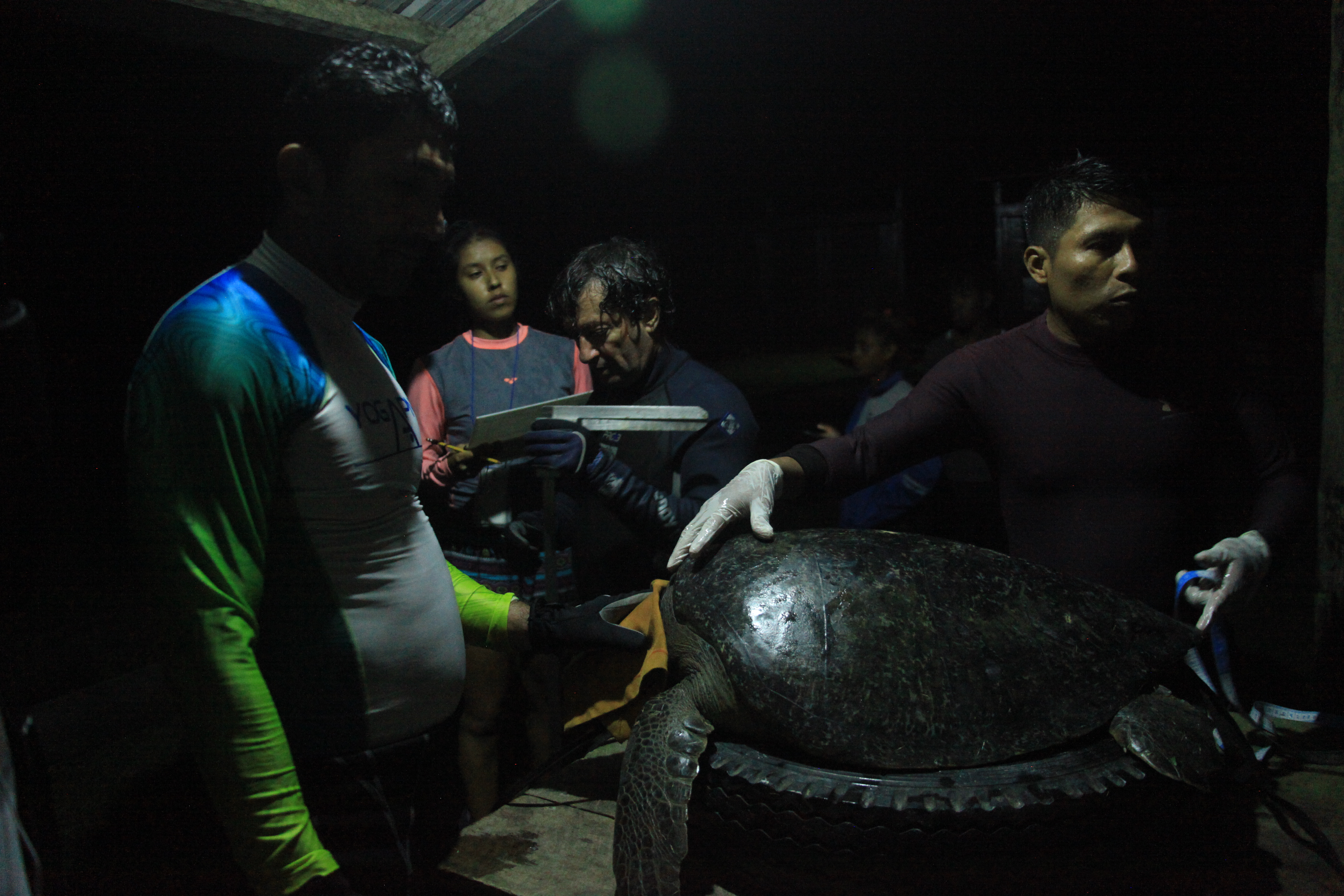We established strong partnerships with the Nature Reserves government authorities (Tanzania Forest Service Agency (TFS), as well as with the Department of Natural Resources and Tourism and Youth Development. They provide continuous support, whether it is the use of a vehicle, the delivery of permits, recommendation letters, or waive camping fees to our team and skills.
We also maintain good partnerships with local communities, who propose new activities, and new camping sites to extend the eco-tourism offer and support in installations of sign boards. EAMCEF provided funding $10,000 to support ecological and cultural tourism by empowering the Choma community found adjacent to the Uluguru mountains. Nafasi Art Space provided training in developing art program and fund $1000.
